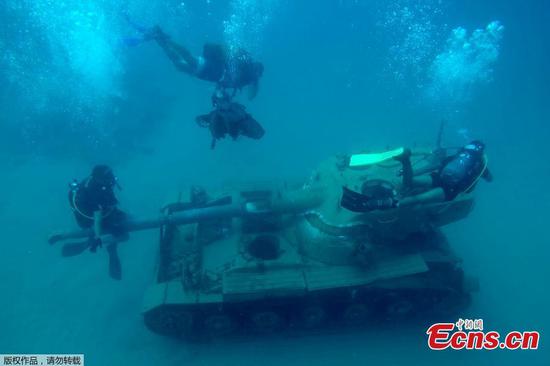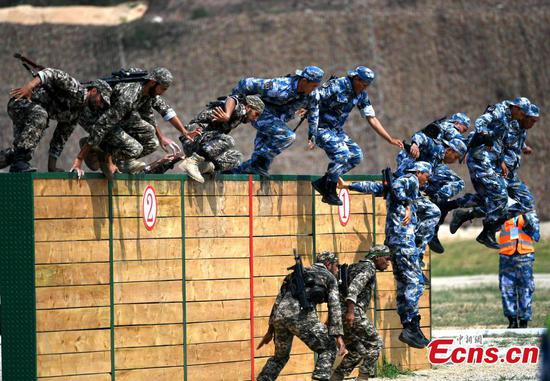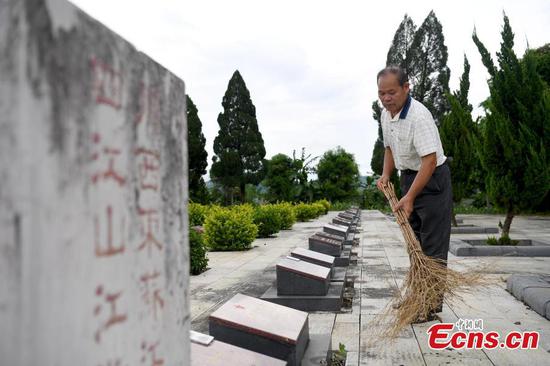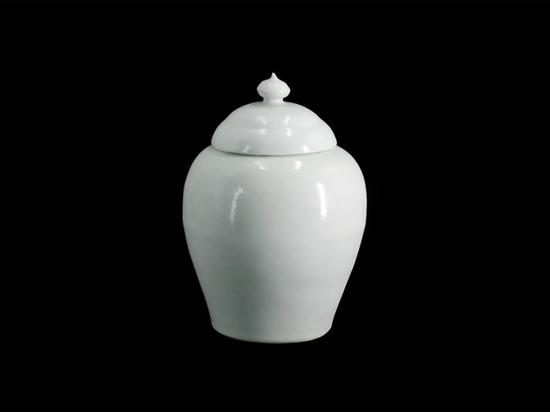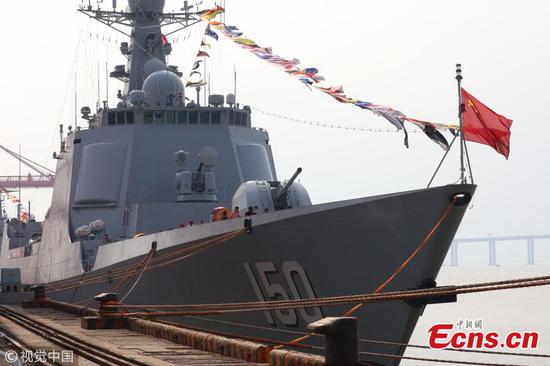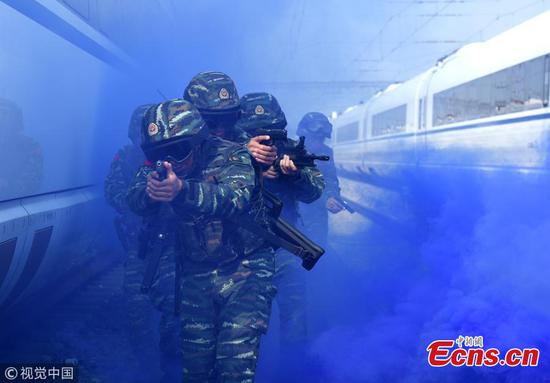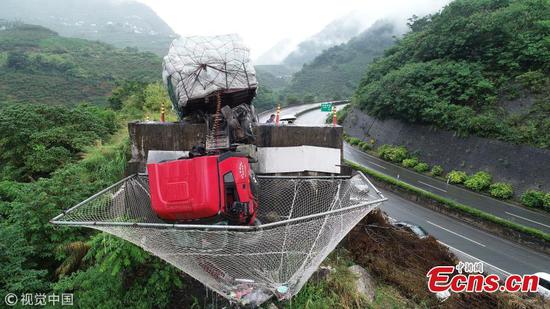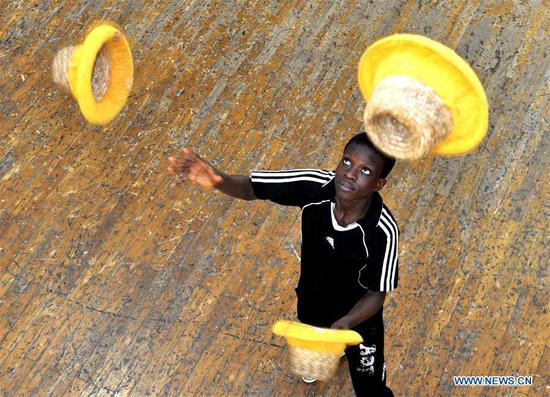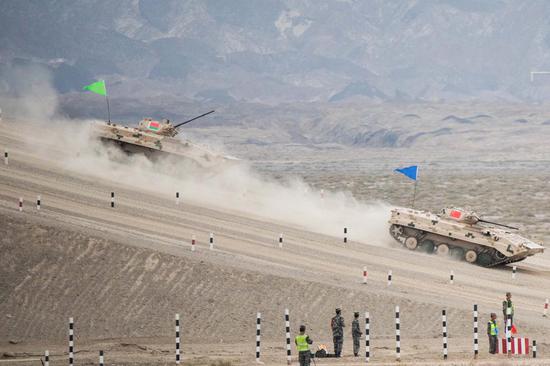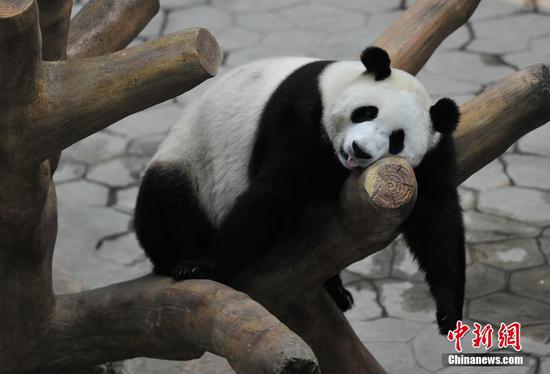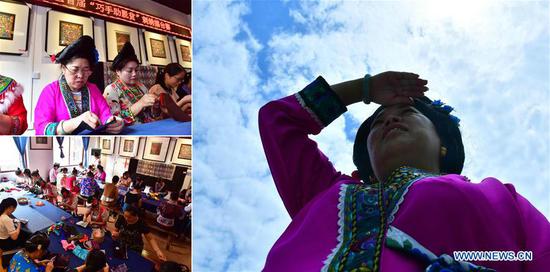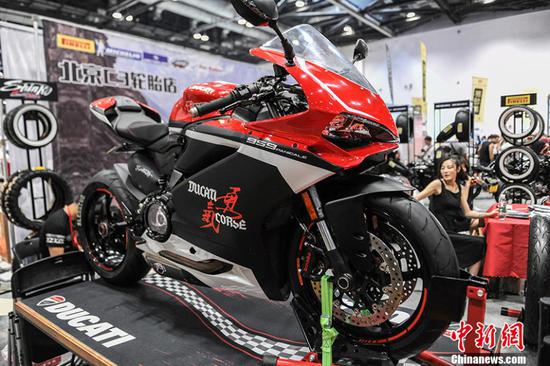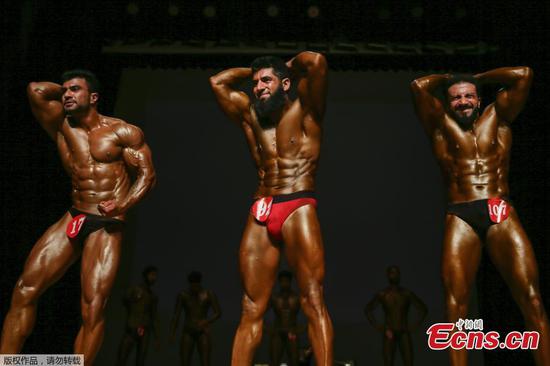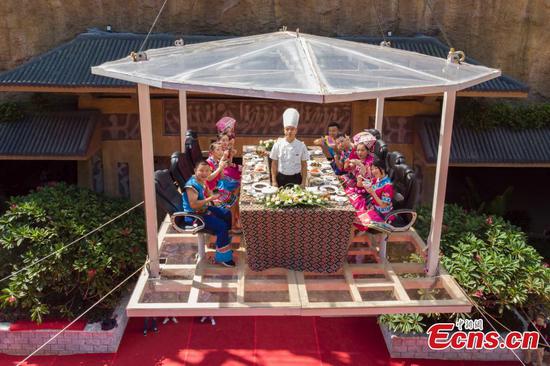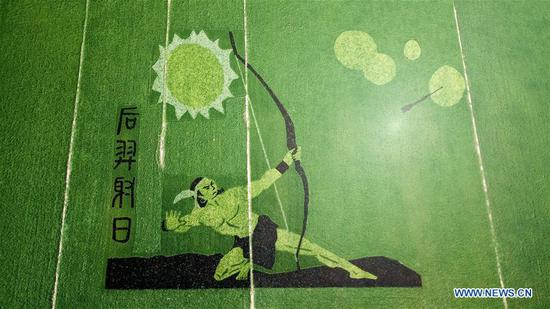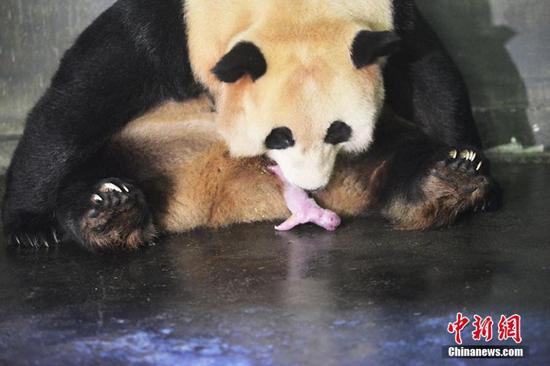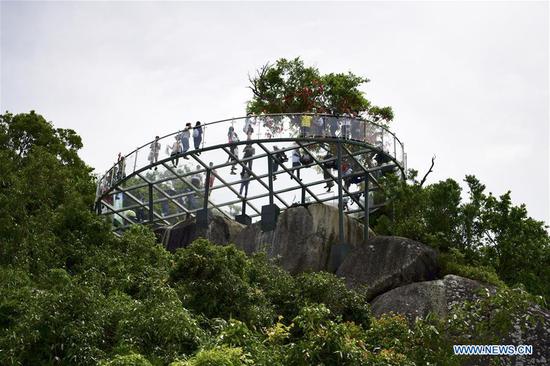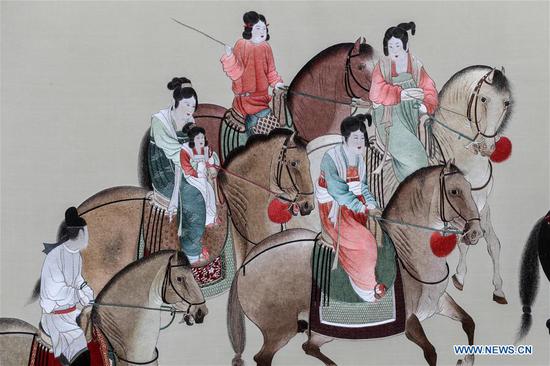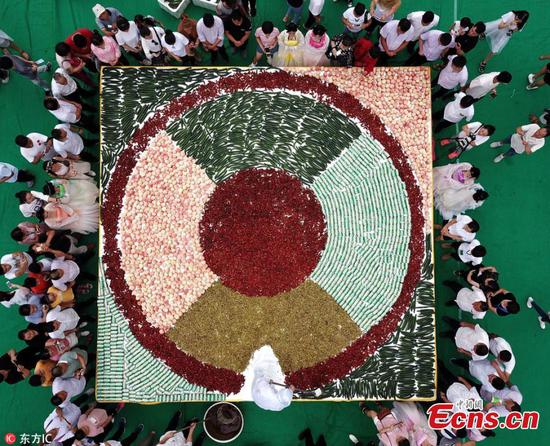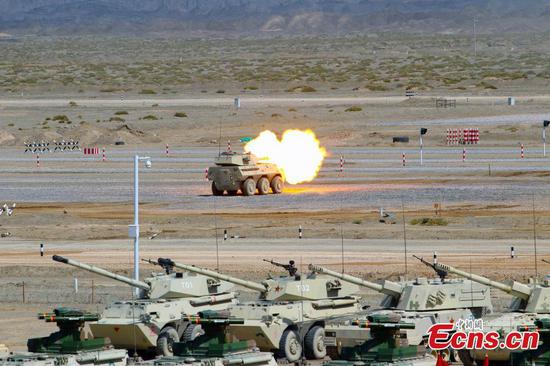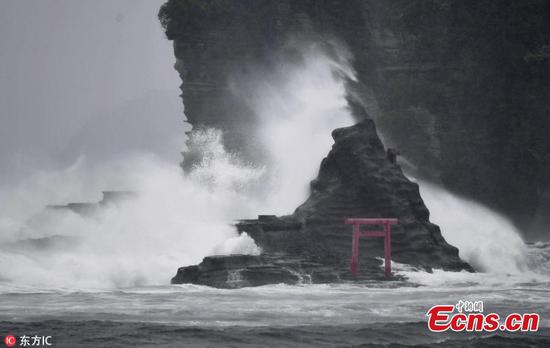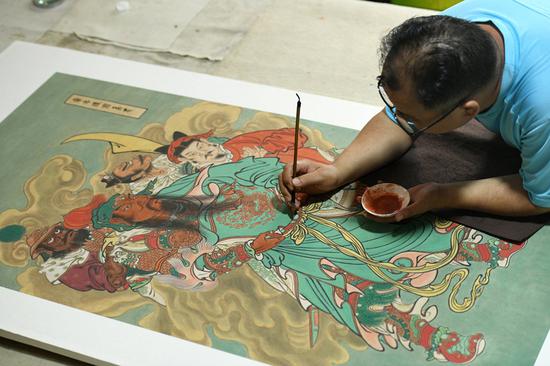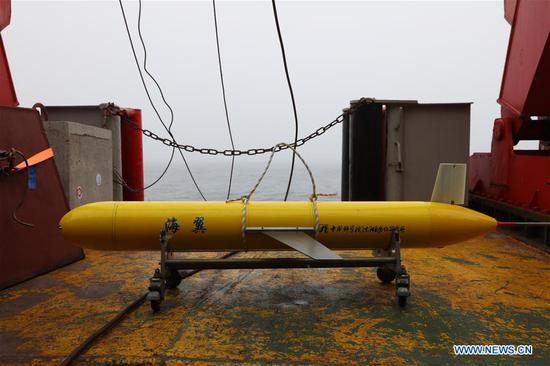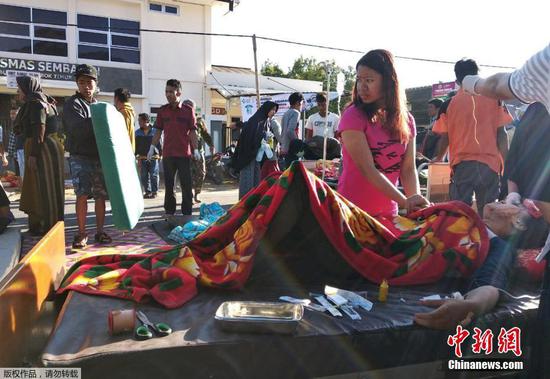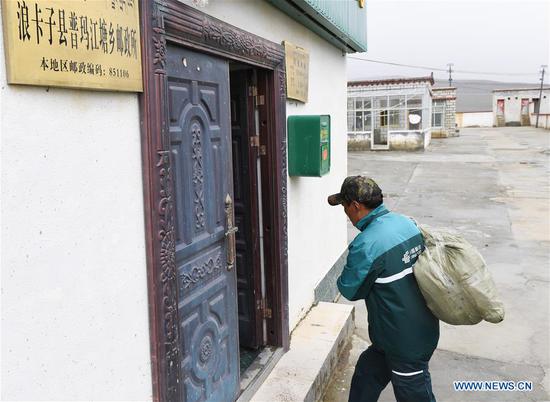Activities in both manufacturing and services sectors cooled in July thanks to bad weather, weak demand and ongoing trade disputes with the United States, data from China's National Bureau of Statistics(NBS) showed Tuesday.
The official manufacturing Purchasing Managers' Index(PMI) fell to 51.2, down from 51.5 in June, becoming the lowest reading since February though still remained above the 50-point mark that separates growth from contraction.
A data break-down shows both new orders and production declined due to heavy rain, high temperature, and weak demand. But consumer goods manufacturing bucked the trend, with high-tech industry and equipment manufacturing rebounding significantly.
Despite some fluctuations in July, Shi Zhaohui, Director of Business Monitoring Center of NBS, said that China's economy is still expanding at a healthy pace because the manufacturing PMI maintained a steady growth.
Meanwhile, growth in China's service sector moderated in July, with the official non-manufacturing PMI dipping to 54.0 from 55.0 in June, but still positive. The sector was driven by a better-than-expected performance of some industries, including railway, air transportation, tele-communication and satellite services.
“Sub-indices, such as new orders, recorded faster-than-expected growth in the construction sector compared with last month, which proves market demand is still there,” said Shi.
Chinese policymakers are depending on growth in services and consumption to rebalance their economic growth model from its heavy reliance on investment and exports. The services sector now accounts for more than half of the country's economic output, with rising wages giving Chinese consumers more spending clout.
However, some analysts worry that both the industrial and consumer sectors are starting to lose momentum as the government's multi-year efforts to tackle debt risks begin to weigh on growth and the trade war with the United States threatens exports.










